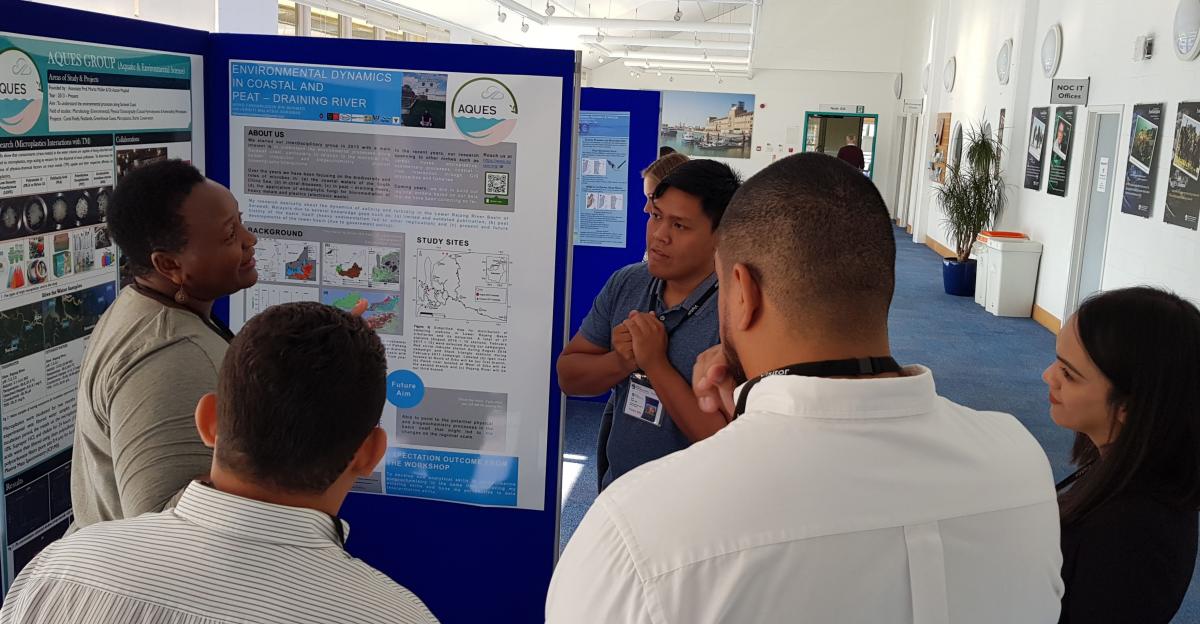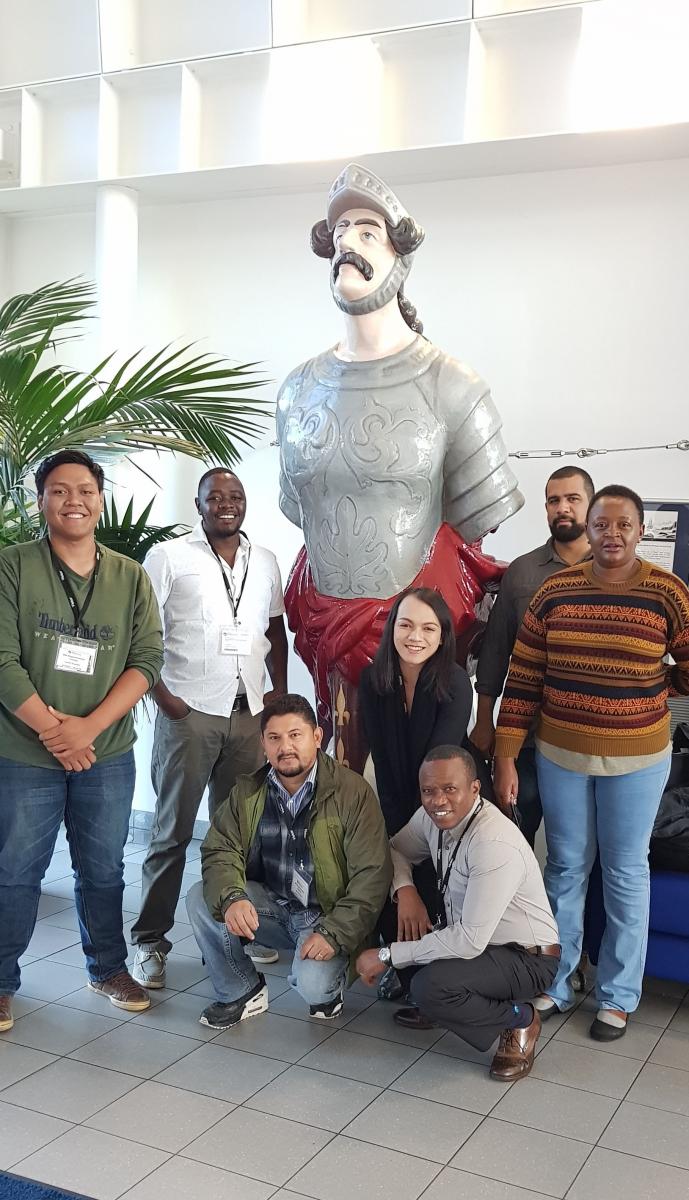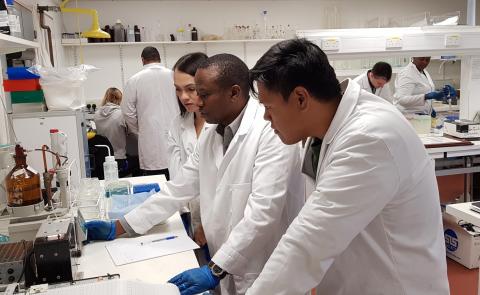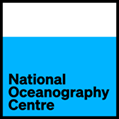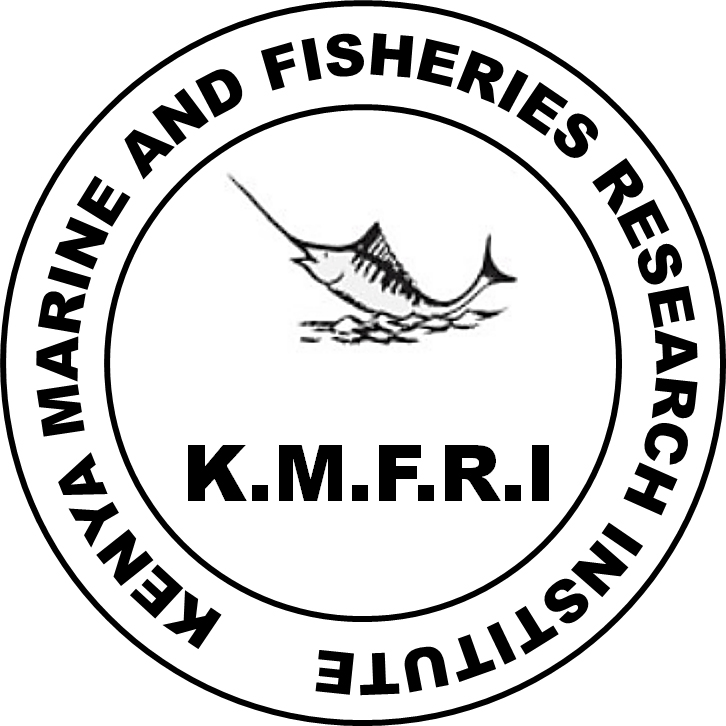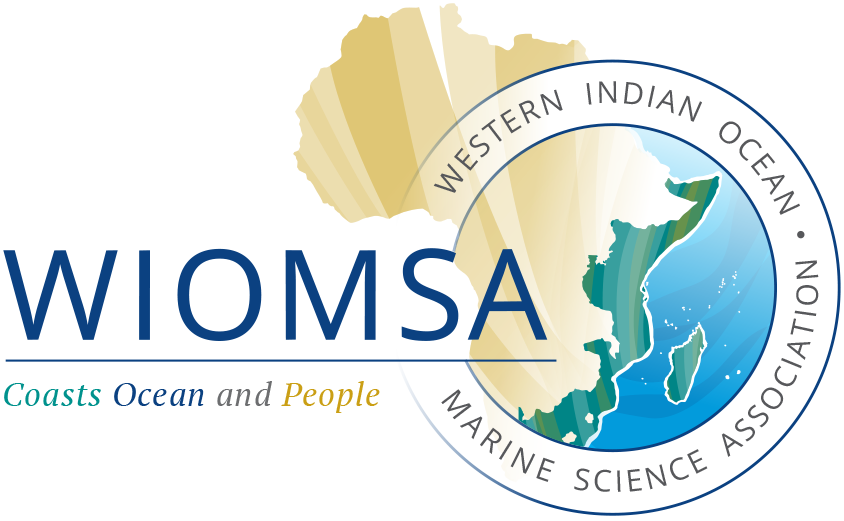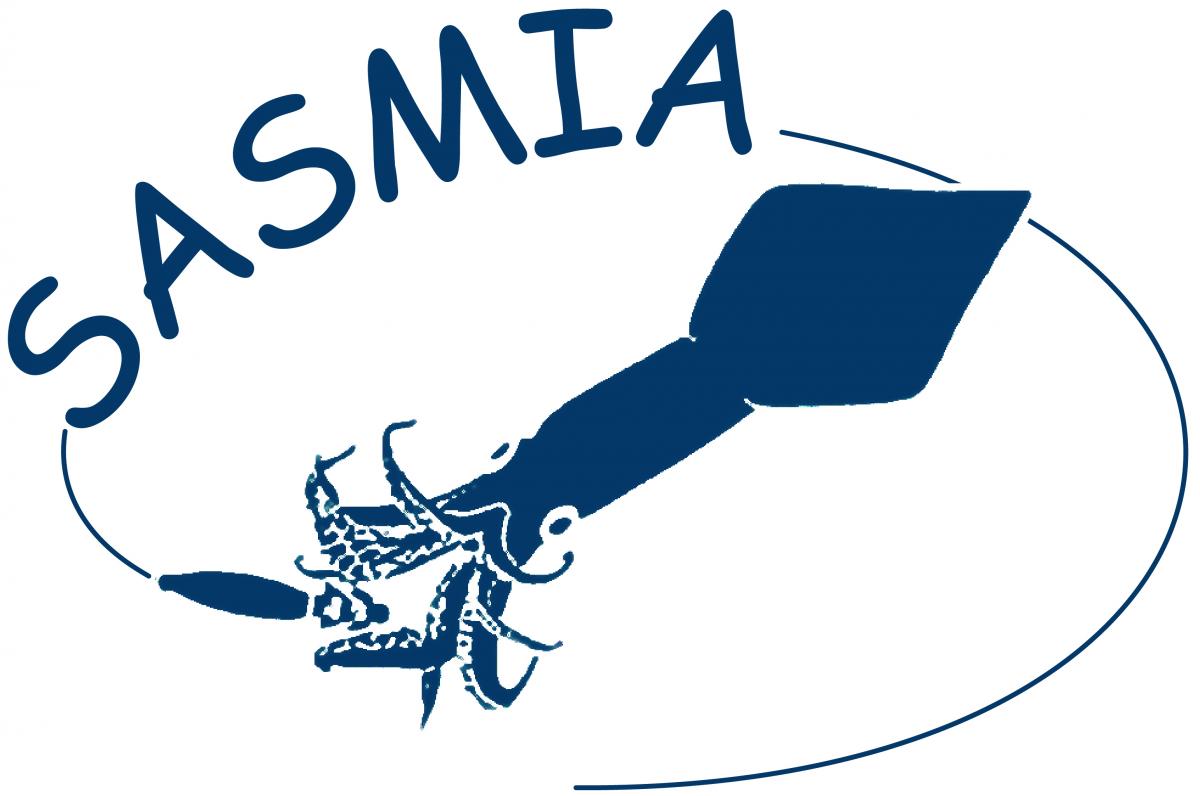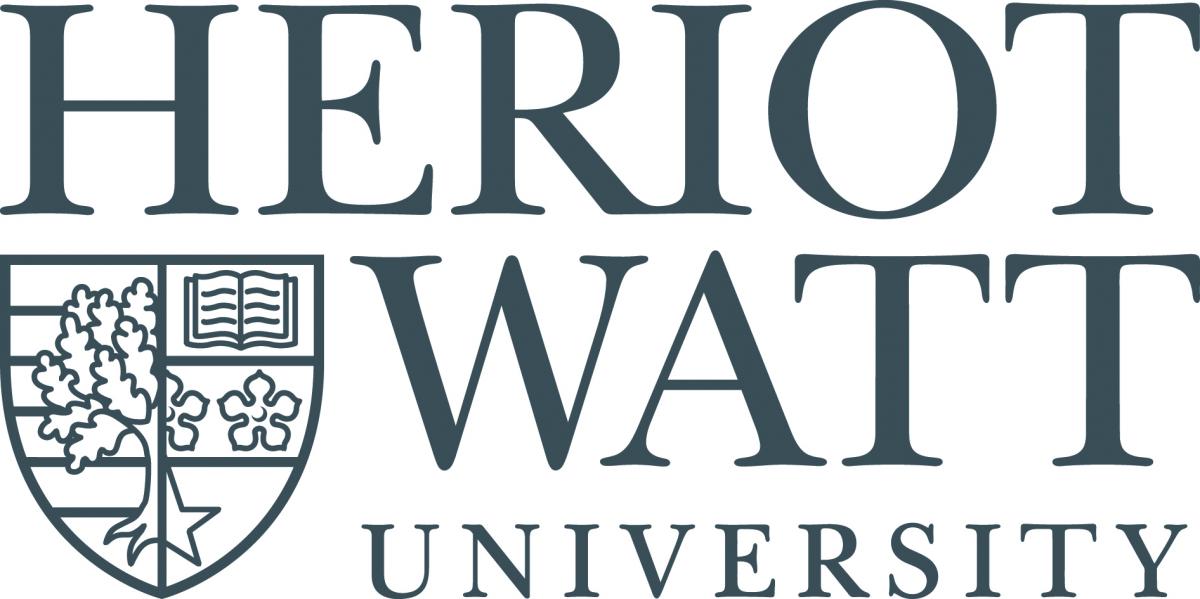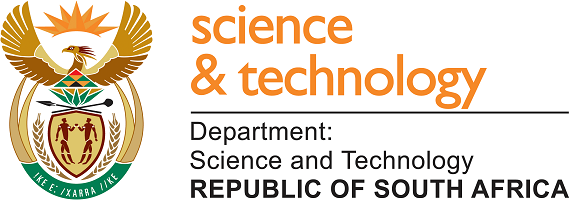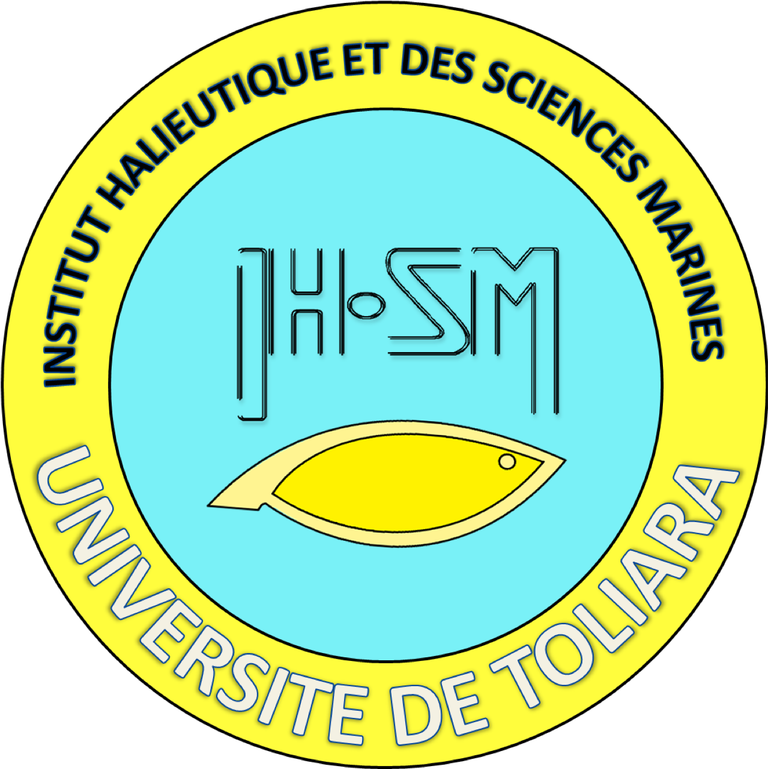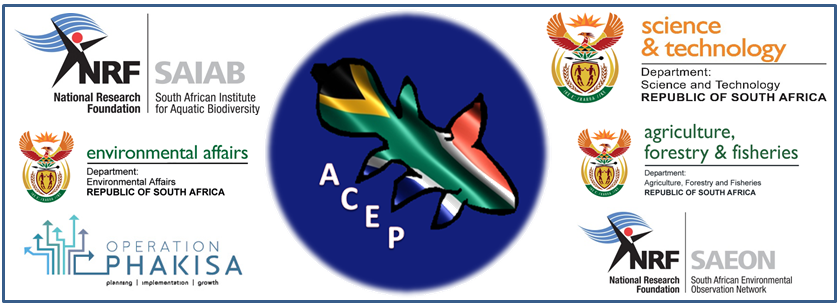Building Capacity in Observational Aquatic Biogeochemical Techniques
The overarching aim of SOLSTICE is to grow research capacity by up-skilling organisations and individuals at all career stages to conduct interdisciplinary ecosystem research that meets the needs of EAF (Ecosystem Approach to Fisheries), policy, industry and markets. These aims are addressed through hands-on training in workshops and in the field to use three technologies for observing marine environments - marine robotics, remote sensing, ocean modelling, as well as research methodologies for biogeochemical monitoring of marine ecosystems, to deliver scientifically excellent environmental research, set in an interdisciplinary context to support the sustainable management of living marine resources.
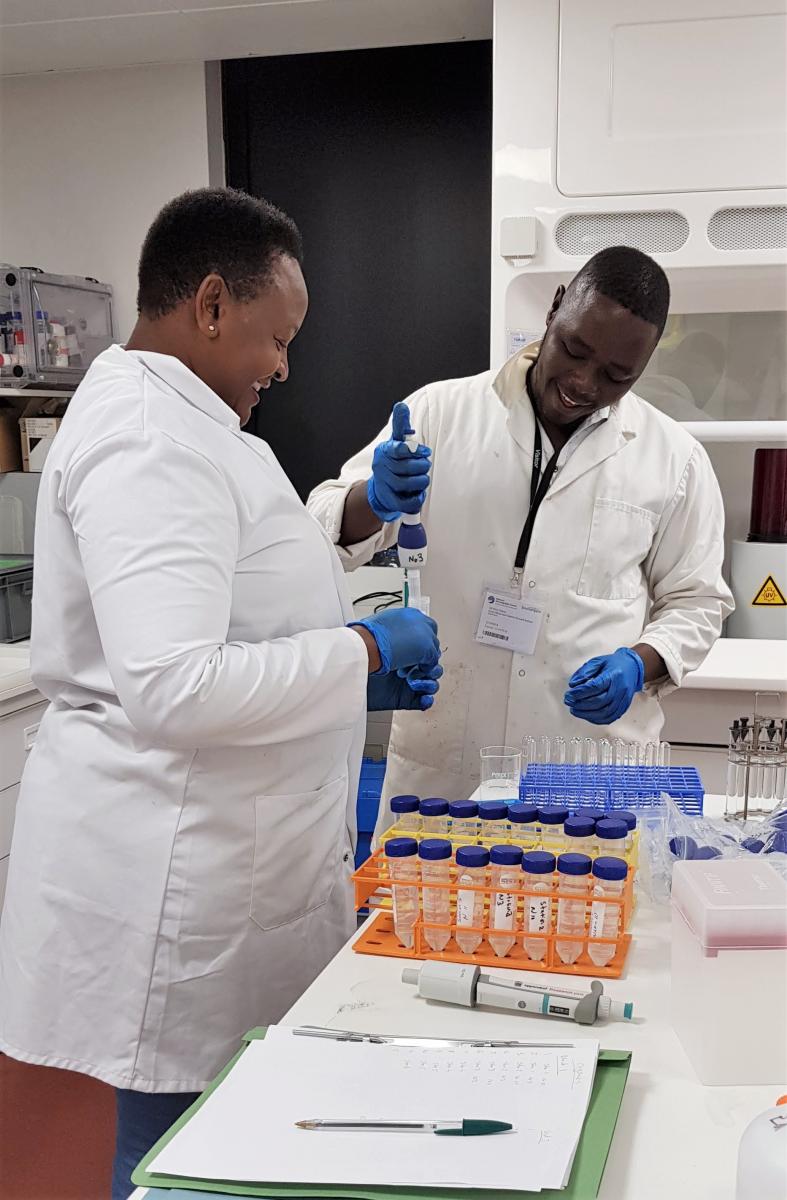
Ahead of the 2019 sea-going fieldwork campaigns that are due to begin in South Africa in March, Kenya in April and Tanzania in June, SOLSTICE hosted its second Capacity Development Workshop from 1st to 12th October 2018 at the National Oceanography Centre (NOC), in Southampton UK. This workshop focused on practical experience and training in a range of observational biogeochemical techniques used for studying the upper ocean. It covered areas of chemical and biological oceanography relevant to SOLSTICE related fieldwork with the aim of facilitating SOLSTICE post-fieldwork sample analysis and data interpretation whilst also providing broader experience of techniques that may be of wider relevance beyond SOLSTICE.
Participants included SOLSTICE research scientists from Kenya and Tanzania, as well as researchers across the Commonwealth, who learned about procedures, best practices, data quality evaluation and data interpretation in selected areas of marine biogeochemistry. The workshop consisted of poster sessions showcasing the specific projects led by participants, lectures provided by NOC experts along with laboratory and boat-based practical training on inorganic nutrient analysis, dissolved oxygen analysis, chlorophyll-a by fluorescence, particulate analyses, flow cytometry, organic nutrient analysis, inorganic carbon and alkalinity measurements, and optical methods for examining phyto/zooplankton communities.
By growing the research capability of individual researchers in the SOLSTICE partner organisations and strengthening their involvement in international networks will lead to an associated growth in their capacity to carry out and publish marine research - thereby increasing their scientific visibility and allowing them to attract new funding more effectively.
